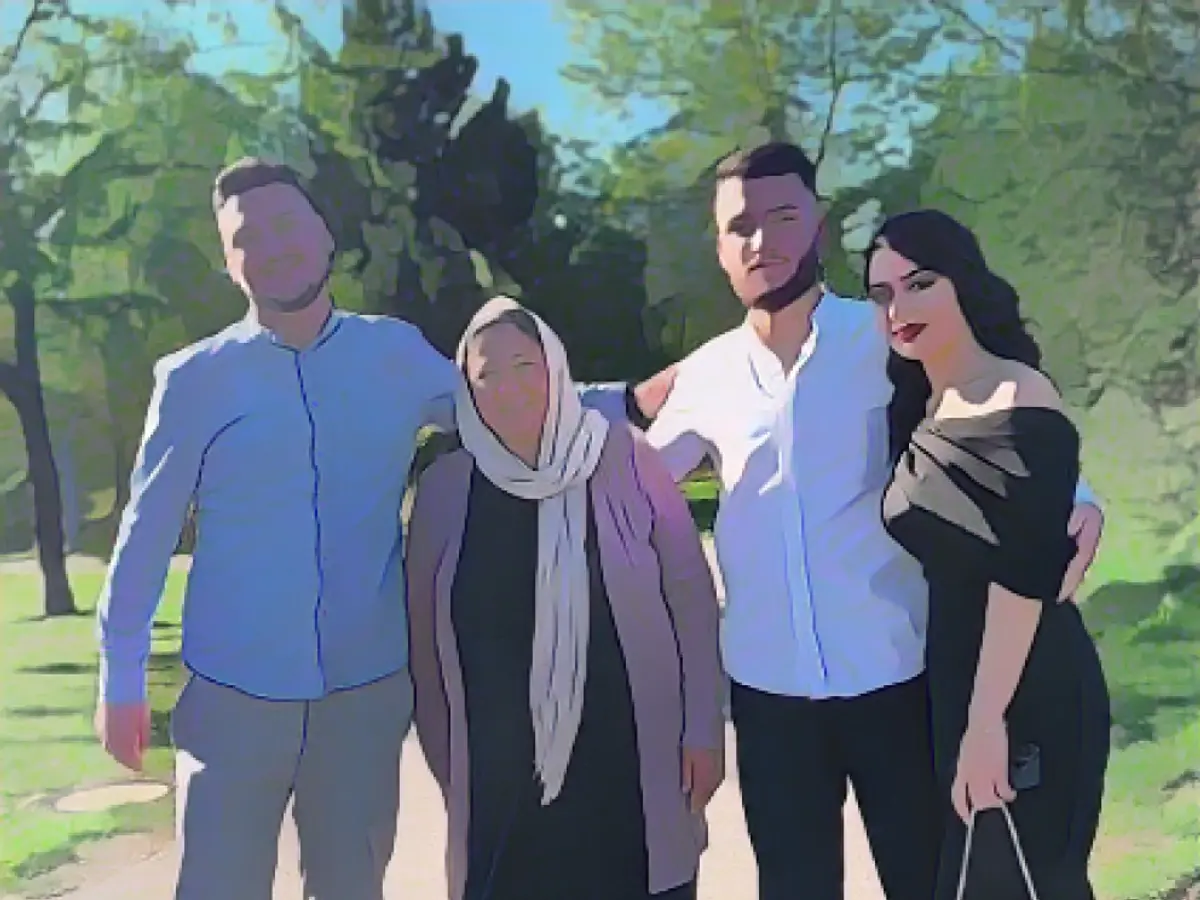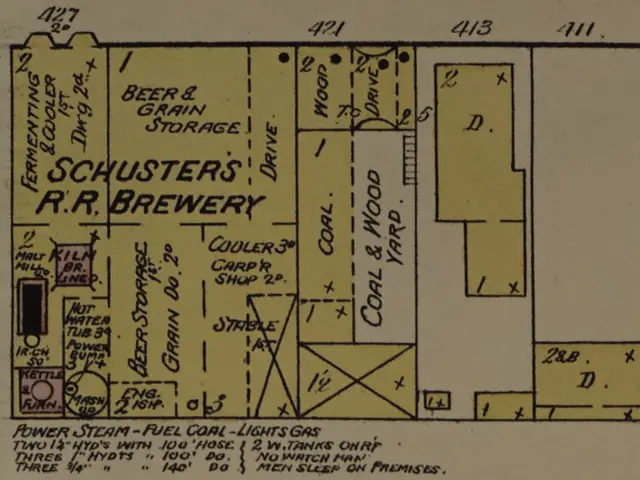Headline: Keeping Hope Alive for the Skilled Waiter: Ashti Salem Abdi's Bid to Stay in Germany
In the heart of Bavaria, a heartwarming story unfolds, revolving around an Iraqi refugee named Ashti Salem Abdi. After three exhausting years, his asylum application was rejected. However, this 20-year-old from northern Iraq is far from giving up on his dream of staying in Germany.
Working tirelessly as a waiter in the popular 'Augustiner am Platzl' in Munich, Ashti has settled into his role, paid taxes, and even secured a permanent job. Despite the rejection of his asylum application, he still holds on to the hope of making Germany his permanent home.
The German authorities, however, have set Ashti a challenge: leave the country and return with a new visa, expedited through the 'accelerated procedure for skilled workers.' This formula, according to Julian Stöckl, his legal counsel (32), would require Ashti to leave voluntarily. In return, the authorities would ensure a prompt visa appointment at the Erbil Consulate General in Iraq within three weeks.
The wait is on for Ashti as he prepares to take the language tests for A2 and B1 certificates on November 20 and December 2, respectively. With these certificates and the promise of an apprenticeship in restaurant skills sponsored by his employer, Oliver Wendel, Ashti hopes to edge closer to his dream.

Ashti's story is not just personal; it also sheds light on the ongoing skill shortage in Bavarian gastronomy and the challenges immigrants often face in Germany's stringent migration policy, raising questions about deportations and re-entry for skilled workers.
Insights: - The 'accelerated procedure for skilled workers' in Germany is mostly targeted at individuals with specialized skills, but for someone like Ashti, alternative visa categories like work visas for service industry professionals might be more applicable. - Recognition of relevant qualifications, such as hospitality management diplomas, could be used to support Ashti's application for a residence permit. - Integration into the labor market is crucial for foreign workers seeking residency permit applications. An employer's sponsorship for a work visa or participation in specialized programs designed to facilitate integration could provide additional support. - Seeking legal advice from immigration attorneys specialized in German law would be critical to navigating the complex regulations and identify potential pathways that might not be immediately apparent for Ashti. - The EU Blue Card, typically reserved for highly skilled workers, could be an option if Ashti meets the necessary salary requirements and other conditions, given his tertiary education in a related field. - Participation in integration programs could offer additional support and resources to aid in the application process for foreign workers in Germany.
In the face of adversity, Ashti Salem Abdi continues to dream and work towards his goal. It's a story of resilience, hope, and a relentless pursuit of a better future in Germany. And as he prepares to take the A2 and B1 language tests, the waiter's future in Germany remains a captivating tale that society cannot help but follow.




